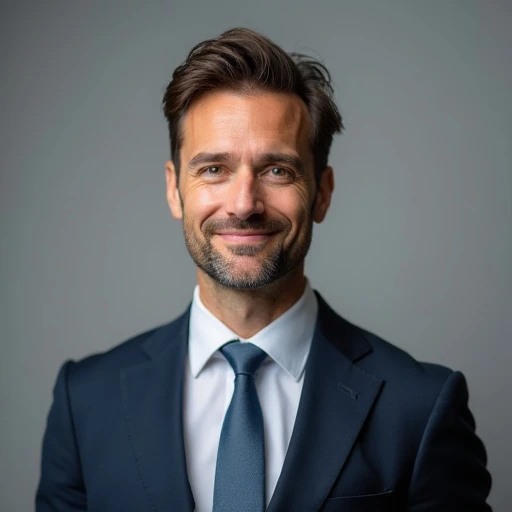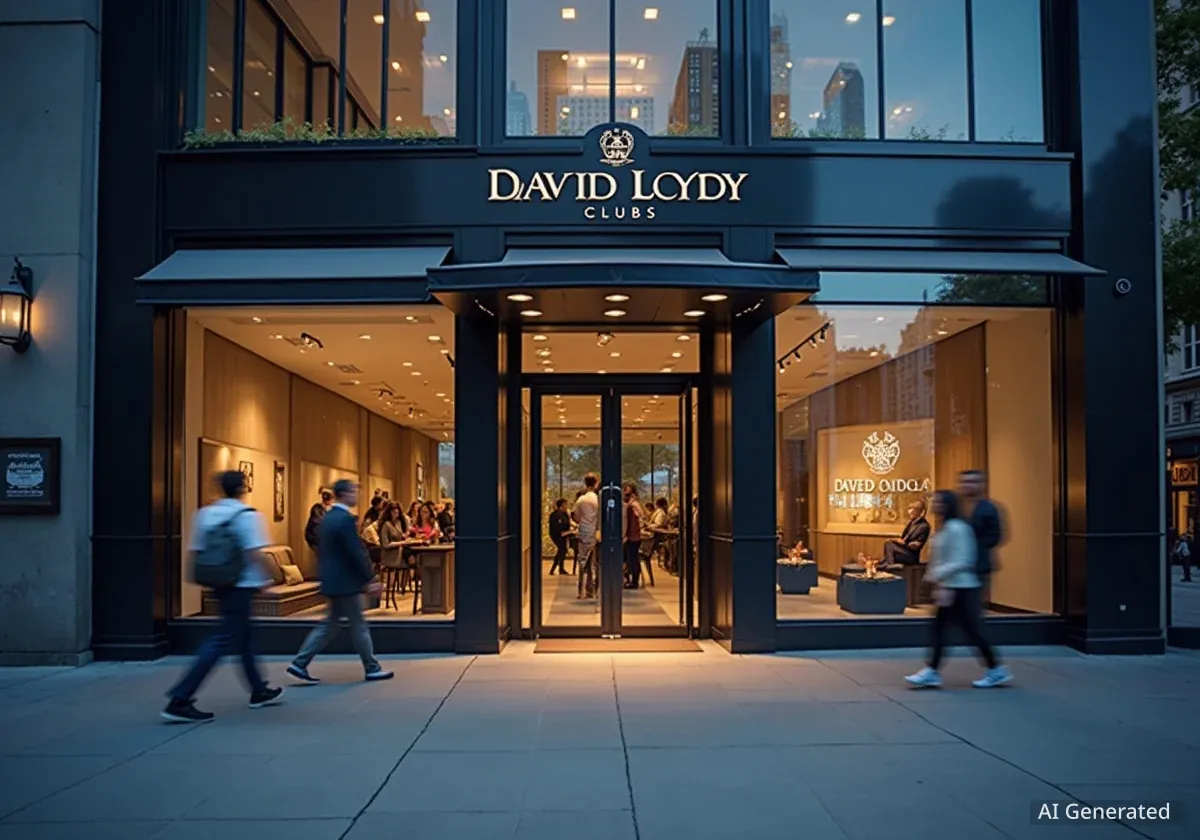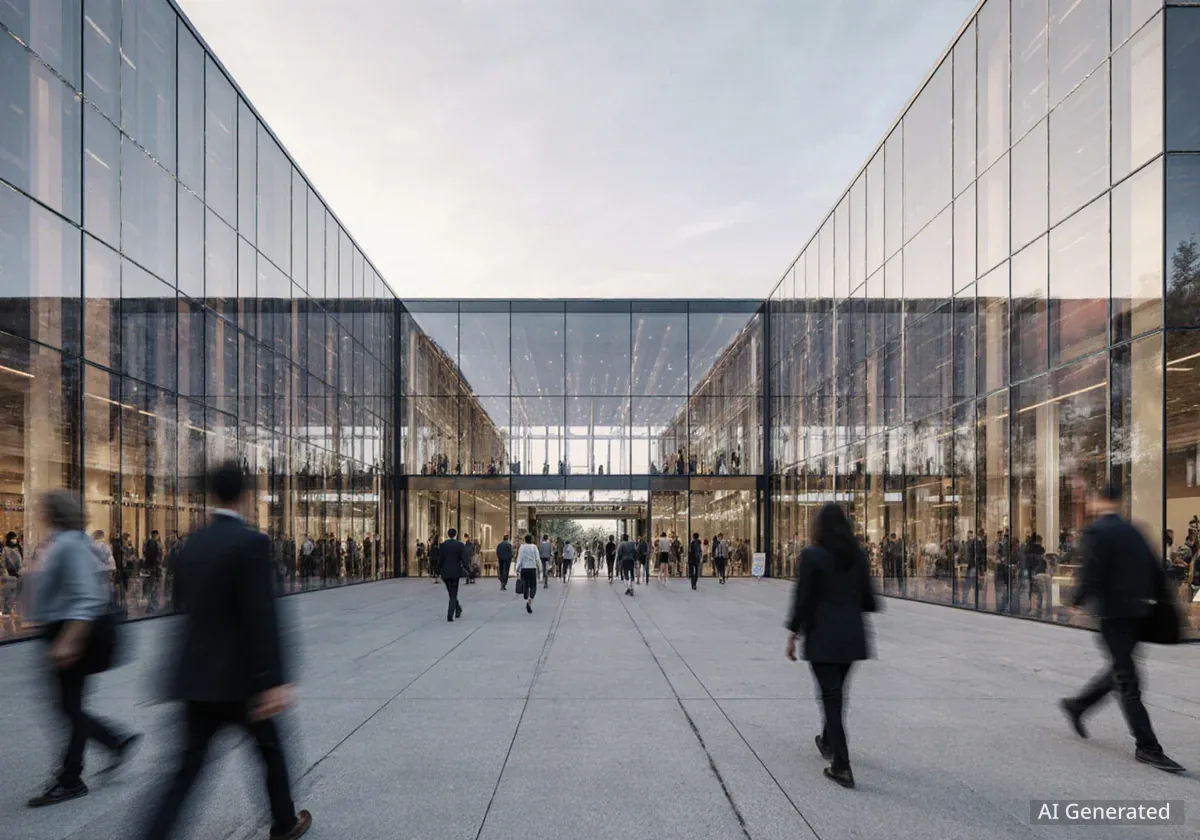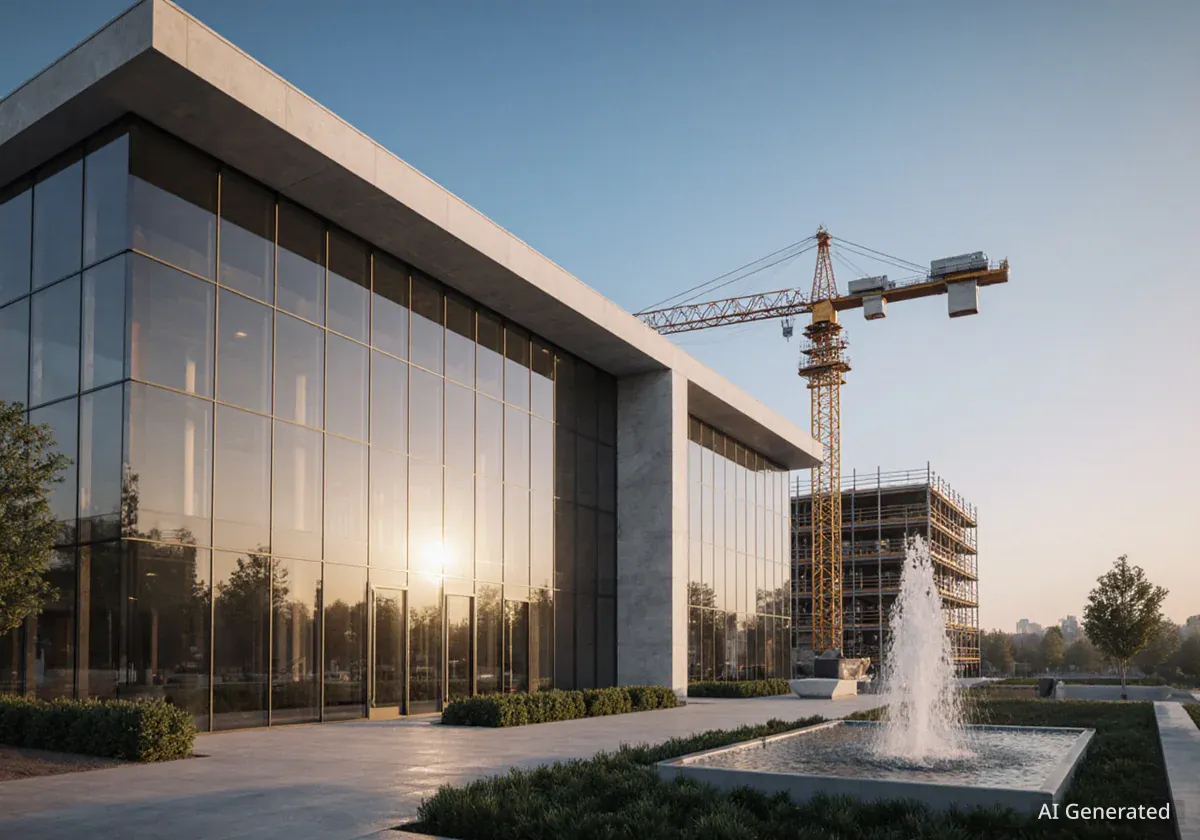Private equity firm TDR Capital is preparing to sell the premium fitness chain David Lloyd Clubs, with an expected valuation of approximately £2 billion. The move comes after more than a decade of ownership during which the health club group significantly expanded its presence across the United Kingdom and Europe.
The sale process is reportedly in its early stages, with financial advisors being appointed to manage the transaction. This development signals a potential major shift in ownership for one of Europe's leading health and wellness operators, which has demonstrated strong financial recovery following the pandemic.
Key Takeaways
- TDR Capital is preparing to sell the David Lloyd Clubs fitness chain.
- The company is expected to be valued at around £2 billion.
- TDR Capital acquired David Lloyd in 2013 for £750 million.
- The chain has grown from 99 to 133 clubs under TDR's ownership.
- The company has shown strong financial performance since the pandemic, with record revenues and earnings.
Details of the Proposed Sale
TDR Capital has initiated preparations for the sale of David Lloyd Leisure, a process that could value the business at approximately £2 billion. According to reports, the private equity firm has engaged investment banks Morgan Stanley and Deutsche Bank to advise on the potential transaction.
The timing of the sale follows a period of robust performance for David Lloyd, which has successfully navigated the challenges of the COVID-19 pandemic. The company's focus on premium, family-oriented facilities has resonated with consumers placing a higher value on health and wellness.
A sale at the £2 billion mark would represent a significant return on investment for TDR Capital. The firm has held the asset for over ten years, a relatively long period for a private equity hold. Potential buyers are expected to include other private equity firms, institutional investors, and sovereign wealth funds interested in stable, cash-generative assets in the leisure sector.
Who is TDR Capital?
TDR Capital is a London-based private equity firm known for investing in and developing market-leading European businesses. Its portfolio includes major brands such as the supermarket chain Asda and the forecourt operator EG Group. The firm typically focuses on medium-to-long-term investments, aiming to support management teams in growing their businesses.
A Decade of Growth and Expansion
TDR Capital acquired David Lloyd Leisure in 2013 from London & Regional Properties and Caird Capital for £750 million. At the time of the acquisition, the group operated 99 clubs. Over the past decade, TDR has overseen a period of substantial growth and investment in the brand.
Under its ownership, the number of clubs has increased to 133 locations, comprising 103 clubs in the UK and an additional 30 across mainland Europe. This expansion has included new openings and acquisitions in countries such as Spain, Italy, and Germany.
Investment has been focused on modernizing facilities, enhancing digital services, and expanding the range of amenities offered. Many clubs now feature extensive spa facilities, indoor and outdoor swimming pools, tennis courts, and dedicated children's activity areas, positioning the brand at the premium end of the market.
Expansion by the Numbers
- 2013 Acquisition Price: £750 million
- 2024 Expected Valuation: £2 billion
- Club Growth: From 99 clubs in 2013 to 133 clubs today
- Membership: Over 750,000 members across Europe
Strong Post-Pandemic Financial Recovery
The fitness industry was heavily impacted by pandemic-related lockdowns, but David Lloyd has demonstrated a remarkable recovery. The company's performance in recent years has been a key factor in the decision to explore a sale.
In 2023, David Lloyd reported record financial results. According to company statements, revenue reached an all-time high of £665 million. Earnings before interest, taxes, depreciation, and amortization (EBITDA) also hit a record £181 million for the year.
This financial strength is attributed to strong membership retention and new member acquisition. The company's diverse offering, which caters to individuals and families, has proven to be a resilient business model. The emphasis on a club environment, rather than just a gym, has helped foster a loyal customer base.
"The strong trading performance is a testament to our continuous investment in our clubs and the unwavering commitment of our team members," a company spokesperson noted in a recent financial update.
Market Position and Future Outlook
David Lloyd Clubs operates in a competitive market but has carved out a distinct niche. Its focus on premium, large-format clubs with a wide range of activities sets it apart from budget gym chains and smaller boutique studios. This model typically involves higher membership fees but offers a more comprehensive leisure experience.
Key Differentiators
- Family-Friendly Focus: Extensive facilities and programs for children.
- Racquet Sports: A strong heritage in tennis, with high-quality courts and coaching.
- Wellness and Spa: Premium spa facilities, known as 'Spa Retreats', in many locations.
- Community Hub: Clubhouses with restaurants and social spaces encourage members to spend more time on-site.
The future owner of David Lloyd will acquire a business with a strong brand and a proven operational model. Opportunities for further growth may include continued expansion into new European markets, enhancing digital fitness offerings, and further developing its wellness services.
The sale process will be closely watched by the leisure and investment industries as a barometer of confidence in the premium consumer sector. A successful sale at the targeted £2 billion valuation would underscore the enduring appeal of established health and wellness brands.





